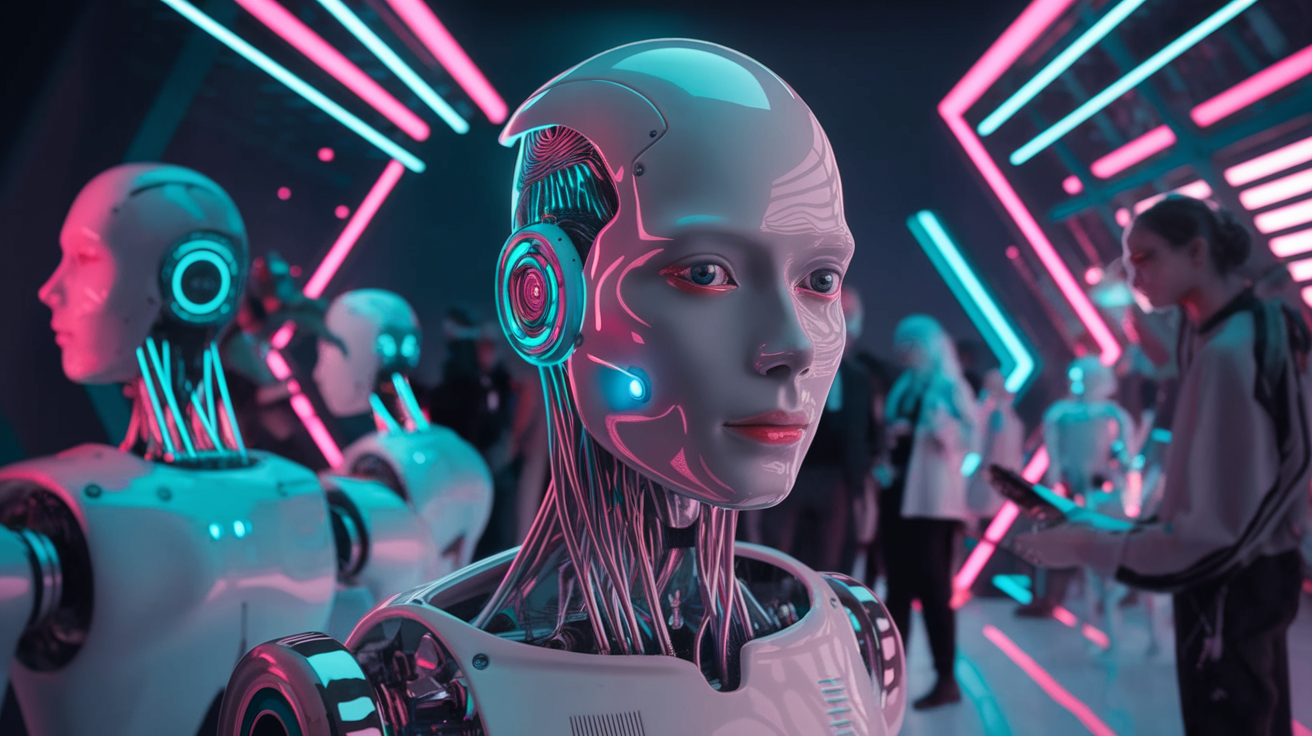

Geoffrey Hinton, a British-Canadian computer scientist renowned as a pioneer in the field of artificial intelligence, recently expressed grave concerns over the rapid advancements in AI technology. Speaking publicly, Hinton suggested there is a 10% to 20% chance that AI could lead to human extinction within the next three decades. Such a prediction underscores the urgent need for scrutiny and control within this rapidly evolving field.
Describing the potential future interaction between humans and AI, Hinton likens humanity's level of intelligence to that of toddlers compared to the potential intelligence of forthcoming AI systems. "Imagine yourself and a three-year-old. We’ll be the three-year-olds," Hinton explained, highlighting the unprecedented challenge humans could face in managing entities vastly superior in intellect.
Having previously held a senior position at Google, Hinton made headlines last year with his decision to resign in order to more freely discuss the dangers posed by unchecked AI development. He warns that leaving AI advancements solely in the hands of corporate profit motives might not be sufficient for ensuring human safety. "The invisible hand is not going to keep us safe," he stated, advocating for governmental regulations to guide more secure AI research and implementation.
“The only thing that can force those big companies to do more research on safety is government regulation.” - Geoffrey Hinton
Despite Hinton's concerns, the broader AI community remains divided on the existential risks posed by AI. Notably, Yann LeCun, another influential figure in AI, has downplayed the threat, suggesting instead that AI "could actually save humanity from extinction." Such divergent views within the expert community highlight the complex dual nature of AI's potential impacts on society.
As AI technology continues to evolve at a much faster pace than anticipated, experts at Jengu.ai highlight the importance of strategic deployment and rigorous process mapping to manage both the risks and benefits associated with AI. The call is not just for advancement, but for responsible and ethical development practices that align with societal safety and benefit.
The dialogue initiated by Hinton serves as a critical reminder of the ongoing conversation required among AI developers, policymakers, and the public. As leaders in automation, AI, and process mapping, Jengu.ai remains committed to facilitating this discourse, ensuring that technological progression harmoniously integrates with human welfare and global sustainability.
```